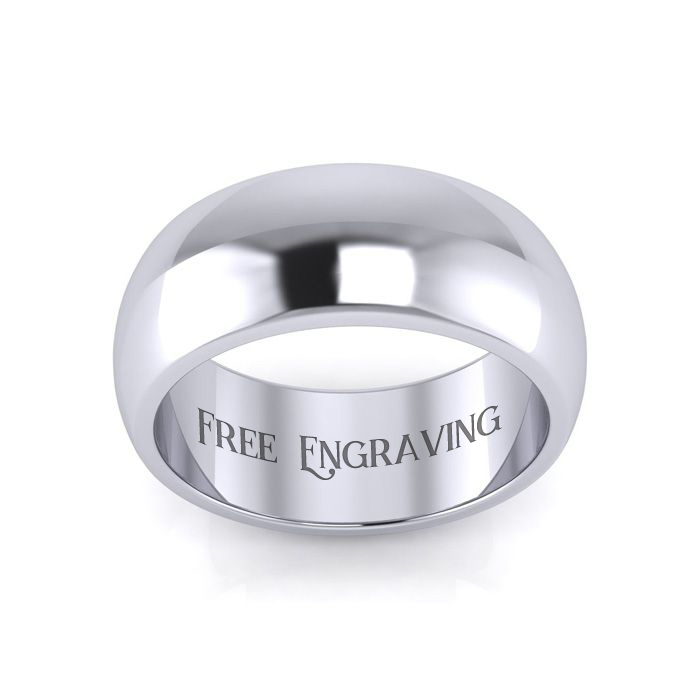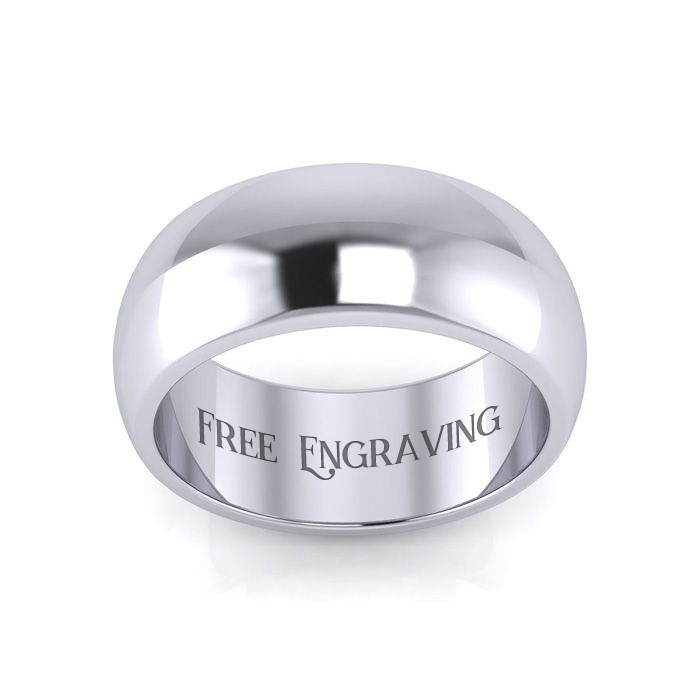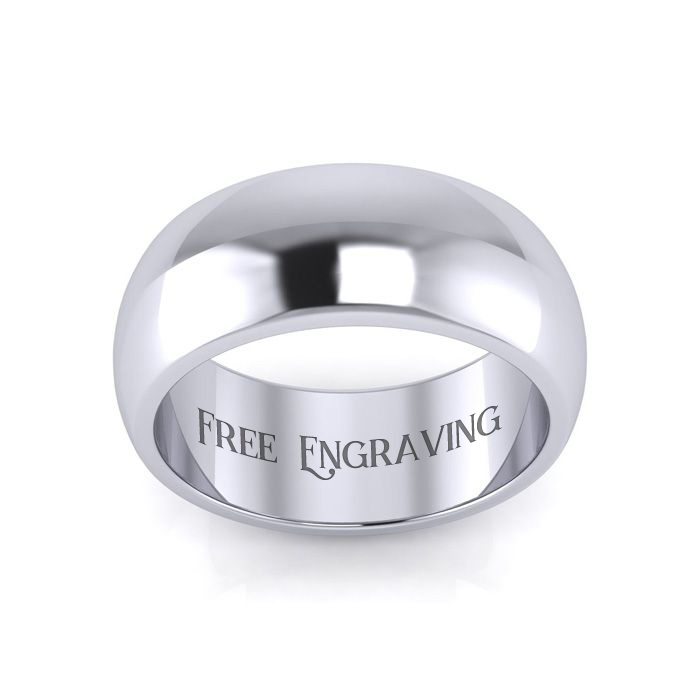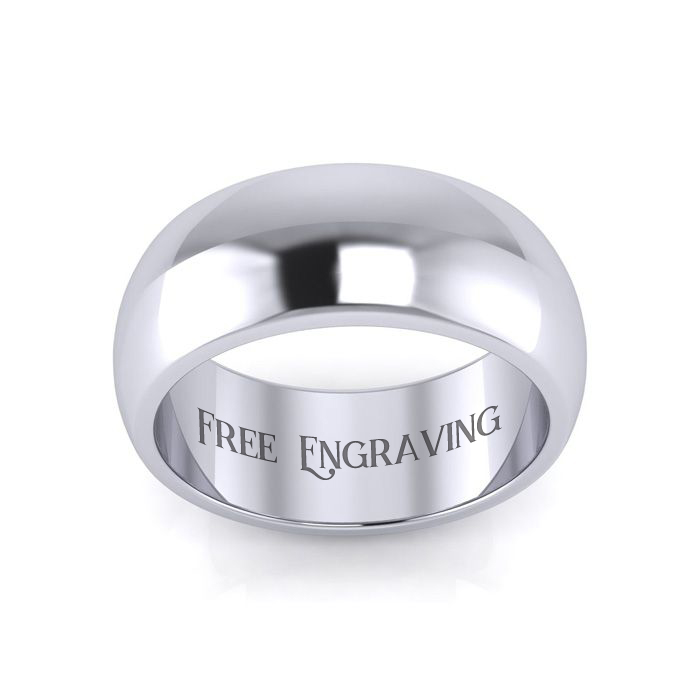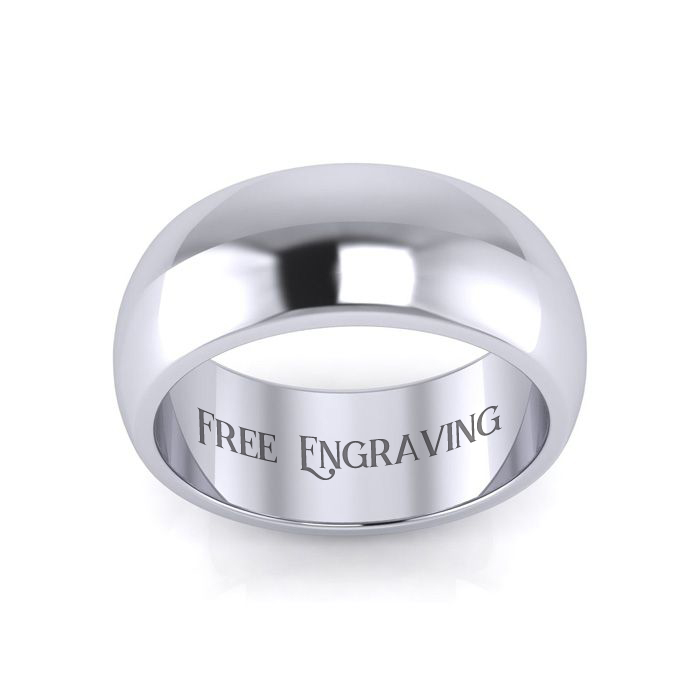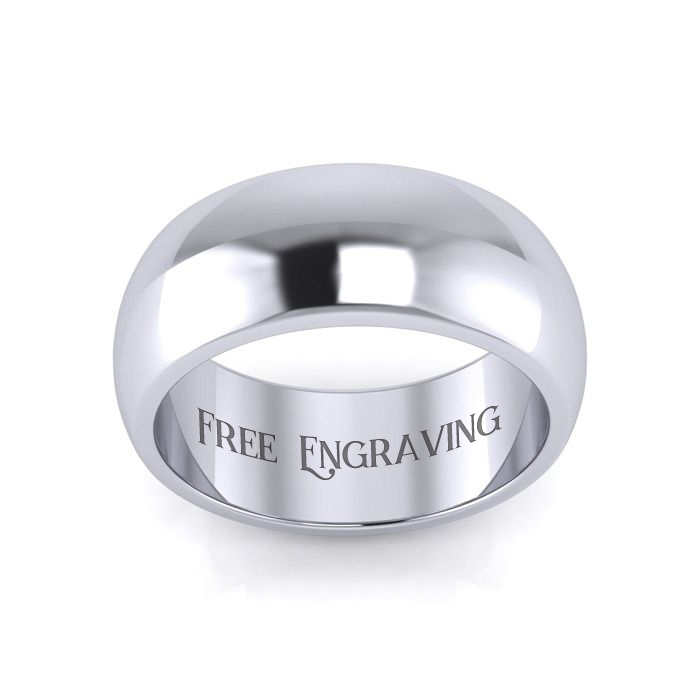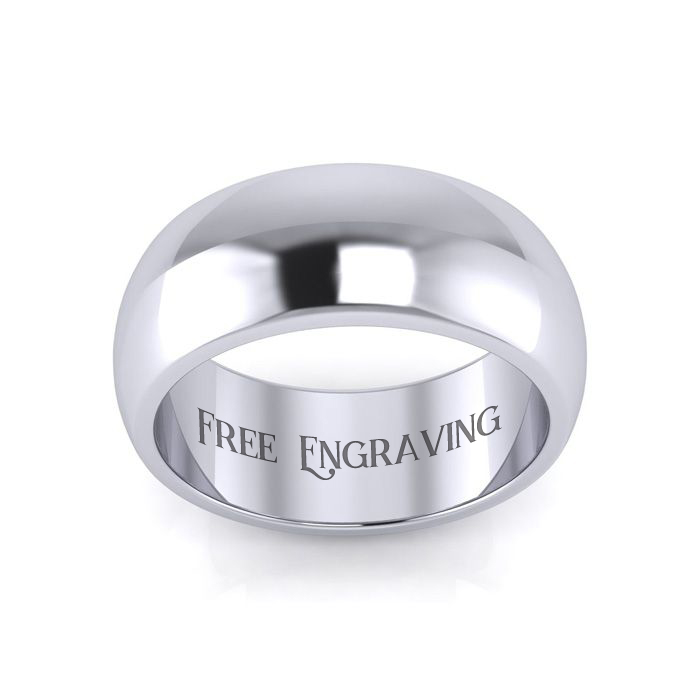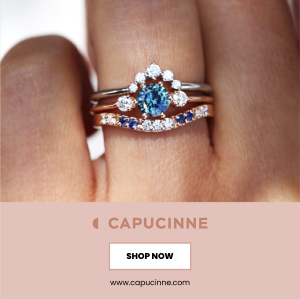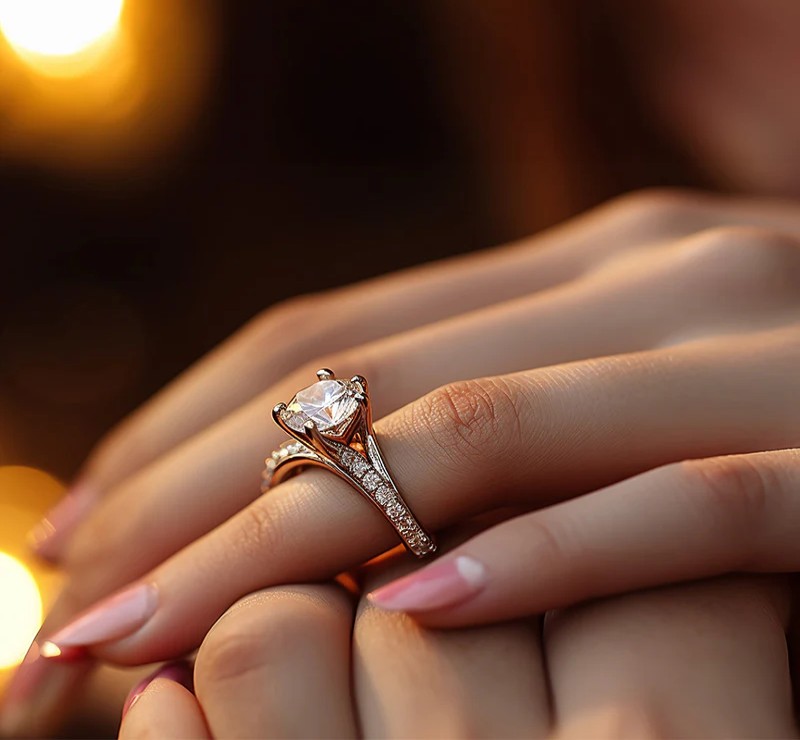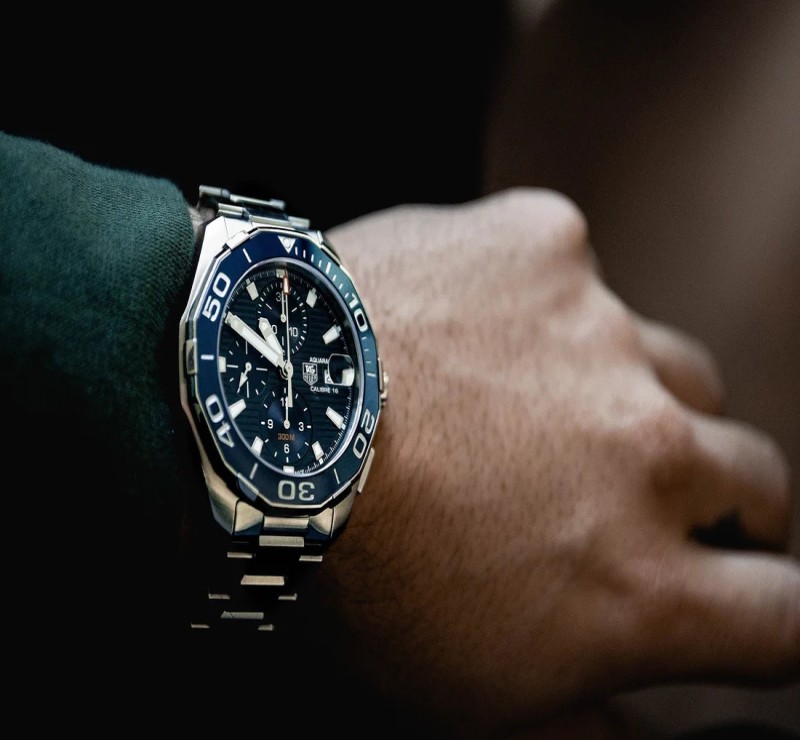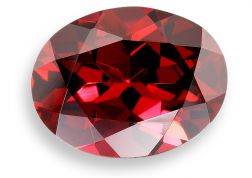
Garnet Gemstone Buying Guide at DDB
We generally think of garnet as being a Dark Red Transparent Stone, but the term really includes a number of minerals, only some of which are used in jewelry. Although they have the same crystalline habit—all fall within the cubic system—they vary slightly in their physical properties. Garnet Gemstone Buying Guide at DDB Some are too dull and not sufficiently transparent to be attractive as gemstones, and although many different types may be seen in mounted jewelry, the most likely to be encountered are pyrope, hessonite, and almandine garnets. Garnet Gemstone Buying Guide at DDB As there is no strict line of demarcation between the different species, it is often difficult to assign certain specimens to a particular class.
But all garnets consist of a double silicate, one of the metals being calcium, iron, magnesium, or manganese, the other being either aluminum, iron, or chromium.
Sub-Species of Garnet Gemstone
Garnet Gemstone Buying Guide at DDB They may thus be divided approximately into six sub-species:
1. Magnesium aluminum silicate garnet,
2. Calcium aluminum silicate garnet,
3. Iron-aluminum silicate garnet,
4. Iron-calcium silicate garnet,
5. Manganese aluminum silicate garnet,
6. Calcium chromium silicate garnet.
The amount of silica present in all these varieties varies from 35 to 40per cent. Garnet Gemstone Buying Guide at DDB The common forms which the crystal takes the garnets old kingdom of Bohemia, now incorporated in Czechoslovakia, still supply most of the cut stones. The industry in garnets dates back to some hundreds of years in that region. Garnet Gemstone Buying Guide at DDB The local spa towns, such as Karlovy Vary (Karlsbad), were amply supplied by the cutters, and visitors used to take away many souvenirs which helped to popularize the stone. Garnet Gemstone Buying Guide at DDB An average of about 3,000peopleIn almandine garnet, we have a deep red stone with a purplish tinge, and when cut in cabochon form, such stones are the familiar carbuncles. Carbuncles (from a Latin word meaning "a glowing gem") are usually cut from the deep red material and are round or oval in shape.
They are Pyrope is known under different names, such as Cape ruby, Arizona ruby, and Bohemian garnet, according to the district in which it is found. Garnet Gemstone Buying Guide at DDB The color ranges from a fine deep red to a ruby red, but a yellowish or blackish tinge sometimes spoils the pure red. This is a magnesium aluminum silicate garnet, transparent and usually without flaws. Large sizes are uncommon.
Varieties of Garnet Gemstone
At times, there is a fashion for red stones in jewelry, and it is then that pyrope garnets are used in quantity. Garnet Gemstone Buying Guide at DDB Since they are cheap and attractive, brooches and rings which demand a number of small stones set in various forms make use of this stone, and the so-called Bohemian jewelry is universally known. are very widely distributed, and they occur in schists, gneisses, limestones, and serpentine. All are singly refractive, with no cleavage. Garnet Gemstone Buying Guide at DDB Before the blow-pipe, most garnets fuse with ease. Specific gravities, refractive indices, and colors vary with the chemical constituents.
The commonest variety is the pyrope garnet, which has a hardness of 714, specific the rhombic dodecahedron and the icositetrahedron, sometimes singly and sometimes in combination, but they always fall into the cubic system of crystallography. Garnet Gemstone Buying Guide at DDB Crystal shapes are often perfect, but when found in gem gravels, they are generally rounded. The faces are worn and they resemble round, water-worn pebbles. Twin crystals are also frequently found. the gravity of 3.7 to 3.8, and a refractive index of 1.75. It is the most popular of garnets and may be seen in a variety of cheaper jewelry, particularly where clusters of small red stones are used. frequently, in South Africa. Garnet Gemstone Buying Guide at DDB This massive, opaque stone has been marketed by South African Jades Ltd., as South African jade and Transvaal jade, but the term "jade", when used in connection with this material, is quite incorrect. The color certainly resembles some jadeites, but other properties are totally different. Garnet Gemstone Buying Guide at DDB The hardness and specific gravity are somewhat lower than other forms of this type of garnet, being about 6 1/2 to 7, and 3.40 to 3.50 respectively.fountain).
Most of the hessonites on the market come from Ceylon, where they are usually sold as "jacinths." Brazil supplies all kinds of garnets, including hessonites, but they are not of good quality and are one of the least important of gem varieties produced by that country. Garnet Gemstone Buying Guide at DDB Other material of a light green color, often marred by black spots, is found some 40 miles west of Pretoria, near Buffels-is of 3.61 to 3.66, and the refractive index 1.75. Garnet Gemstone Buying Guide at DDB Chemically, they are a calcium aluminum garnet, and the color is due to traces of iron and manganese which replace a corresponding amount of calcium.
Structure and inner properties of Garnet Gemstone
The internal structure of many specimens produces a granular effect. Garnet Gemstone Buying Guide at DDB The naked eye can often distinguish what appears to be minute internal spots, very much like granular specks. This peculiar internal structure is not seen in red zircons. Scientifically, hessonites are often referred to as grossular garnets, for the color and appearance of many crystals resemble the gooseberry (grossularone's hessonites. Garnet Gemstone Buying Guide at DDB These are seen to their best advantage in artificial light when the yellowish red takes on a fine, fiery red appearance. For this reason, they are sometimes confused with the real jacinth, the reddish-brown zircon, but the luster is inferior. Garnet Gemstone Buying Guide at DDB Hardness is about 7, generally given as 7 1/4, the specific gravity the properties of hessonite garnet, sometimes called hessonite, essonite, "jacinth," or cinnamon stone, are very much like those of pyrope. The color, however, is a golden yellow varying to a cinnamon brown. The paler stones are usually called cinnamon stones, and the darker
The abundance of this stone and the cheap methods by which it is cut has mitigated against its value. Although a favorite stone in jewelry, it has never been considered of much value. Garnet Gemstone Buying Guide at DDB Its color sometimes approaches that of the Siam ruby, but it is simple to distinguish it from this and also tourmaline. The term pyrope is derived from the Greek, meaning "fire-like."
Places where Garnet Gemstones are found
The Transvaal stones, sometimes called Cape rubies, are found in the blue ground, together with diamonds. Others come from Rhodesia and the U.S.A. (Arizona and Colorado). Garnet Gemstone Buying Guide at DDB
The stones are found in gravels derived from serpentine; most of them are small, of good color, and flawless. Large pieces are exceptional, but they are found on occasions. Some specimen stones may be seen in Vienna and Dresden museums. Garnet Gemstone Buying Guide at DDB The King of Saxony is said to have had a single stone weighing 468 carats, which was set in an Order of the Golden Fleece. In the Fourteenth Century, the interiors of many Bohemian churches were decorated with locally found garnets, and the jeweled chapels of the Cathedral of St. Vitus (Prague) and the ancient royal castle of Karlstein are fine examples of this work. Garnet Gemstone Buying Guide at DDB normally employed in cutting garnets in this district, Turnov being the center, and the whole industry employed about 10,000 workers. The stones were exported to every part of the world, but since the recent political changes in Czechoslovakia, the industry has dwindled. where other types of garnets are seldom seen in jewelry, but rhodolite is sometimes used as small cabochons or beads. Garnet Gemstone Buying Guide at DDB The material is rather scarce; it is pale violet or rose red in color, transparent, and with the spectroscope, absorption bands somewhat similar to those of almandine may be seen.
The presence of iron causes the dark bands in the blue and the violet parts of the spectrum, the band in the violet part being intense. Garnet Gemstone Buying Guide at DDB Hardness is 6, specific gravity 3.84, and Most of the rough stones are still found in the Urals, where they occur as rolled pebbles in the river gravels. Sometimes they are mined from the parent rock, a serpentine associated with dolomite. Garnet Gemstone Buying Guide at DDB Another source is Schwartzenberg in Saxony (Germany)., demantoid has the highest dispersion of all gemstones, including diamond. The luster being adamantine, cut stones are strikingly effective when properly used. Garnet Gemstone Buying Guide at DDB As a gemstone, demantoid is not hard, even falling below the varieties of quartz, such as amethyst, in this respect. On Mohs' scale, 6 1/2 is considered its degree of hardness; specific gravity is 3.84, and the single refractive index is 1.88. But its outstanding feature is its high dispersion. Garnet Gemstone Buying Guide at DDB The green color largely masks this effect, but actually Demantoid garnet is a bright green, transparent stone, very attractive, and especially brilliant in the artificial light. Some stones have a brownish or yellowish tinge which spoils the fine, bright green color. This might be expected since demantoid is a calcium iron garnet. Garnet Gemstone Buying Guide at DDB It is often called "olivine," but the true olivine is the peridot. Another name occasionally gave it is Uralian emerald, probably because quantities have been found near the Ural Mountains in the Bobrovka River. From here, large consignments were sent to western Europe in the year 1880 and onwards. Garnet Gemstone Buying Guide at DDB They became extremely popular, but demand gradually declined despite their suitability for use, in conjunction with other colored stones, in jewelry. Now, demantoid is seldom seen since the chief source of supply, the U.S.S.R. has been more or less closed for many years. Good specimens, however, reach a high price today. frequently inlaid with slabs of this stone. It is said that, in the Fourteenth Century, an emperor of China had a Ceylon carbuncle fitted as a ball in his cap, the stone weighing one ounce and costing 100,000 strings of cash. were jewelry, in the state of Hyderabad. Garnet Gemstone Buying Guide at DDB Almandines are also found in small quantities in Mexico, Austria, Madagascar, Greenland, Spitzbergen, South Australia, East Africa, and in various states of the U.S.A., but many deposits are non-gem material.
There is evidence that almandine garnet was used in very early forms of mounted jewelry. It was exhaustively worked and polished at Alabanda in Asia Minor (hence its name), and Celtic and Anglo-Saxonmamet district, where they are often associated with topaz. Garnet Gemstone Buying Guide at DDB In Ceylon, they are found as pebbles in the gem gravels; in India, several localities yield material. A comparatively recently discovered source is at Kham-Geraes is transmitted through the material and which are clearly seen with the spectroscope. Very occasionally, star carbuncles are seen. Garnet Gemstone Buying Guide at DDB These show a four-rayed star on the summit of the cabochon, the cause of which is similar to that of the phenomenon seen in the star ruby. Garnets, being of the cubic system, would show four rays, very occasionally six, whereas ruby and sapphire would exhibit a six-rayed star, belonging to the hexagonal system.
Almandine is widely distributed, the crystals were often large and well developed, sometimes reaching three inches in diameter. Garnet Gemstone Buying Guide at DDB They are found in deposits, the parent rock of which is generally a mica schist. Large crystals have been found in Brazil, especially in the Minasthe light absorption bands in the blue and violet parts of the spectrum when An iron aluminum garnet, its hardness is 7 1/2 specific gravity 3.9 to 4.2, and refractive index 1.79, the last two constants being relatively high and therefore useful as distinguishing features. Garnet Gemstone Buying Guide at DDB Another outstanding property possessed by this stone is the well-marked when mounted in jewelry, the object usually being to lighten the color. Other names for almandine are Syrian garnet and Adelaide ruby, neither of which is now in general use, although the terms are still used in a loose manner. Garnet Gemstone Buying Guide at DDB Formerly, almandine was used for most red stones other than ruby, including red spinels and pyrope garnet, and even now it is generally assigned indiscriminately to all red garnets which come from India and Ceylon. Painted or, foiledrefractive index of about 1.76. North Carolina iU.S.A.) is one of the few localities where rhodolite occurs. It should not be confused with the metallic mineral rhodonite, a massive silicate of manganese of a rose red color. Usually almost opaque, this stone is sometimes cut and polished for use as an inlay in ornaments. Garnet Gemstone Buying Guide at DDB Its hardness and specific gravity are below that of rhodolite.
Andradite has somewhat higher constants, these being 61/2foi hardness, 3.85 for specific gravity, and about 1.88 for refractive index. Garnet Gemstone Buying Guide at DDB This is a type of garnet which is seldom found large enough or sufficiently transparent to be cut into a gemstone. Garnet Gemstone Buying Guide at DDB Yellowish stones are usually called topazolite, but the olive to emerald greens pass into the demantoid class. Andradite belongs to the calcium iron group. The U.S.S.R. is the chief locality of occurrence, stones being found in the Sissertsk district of the Urals. Garnet Gemstone Buying Guide at DDB The stone is named after the Portuguese mineralogist d'Andrade, who made a study of garnets.
Spessartite, or spessartine (from Spessart, near Aschaffenburg in Bavaria, where some material is found), is a manganese aluminum garnet seldom cut as a gemstone, suitable rough being very scarce. Garnet Gemstone Buying Guide at DDB Small red stones come from California and Virginia in the U.S.A.; a few have been found in Ceylon, these generally being very fine, lustrous specimens. Hardness is 7 1/4, specific gravity 4.15, and refractive index 1.81
Uvarovite is a calcium chromium garnet, although it always contains some alumina in place of some of thechromium.
since it was first discovered in the Urals. Here it is found associated with Uvarof-
As a jewel stone, garnet has been used since very early days. Ancient garnet intaglios have been found, and Pliny wrote that large carbuncles were made into drinking vessels. Garnet Gemstone Buying Guide at DDB As a substitute for emery and other abrasives, garnet has been long used for polishing purposes, especially in the East, while it has also been used in the smelting of iron ores. Garnet Gemstone Buying Guide at DDB Its name is derived from the Latin, meaning "pomegranate." Small crystals look like the seeds of this fruit, the color and the grouping in the matrix making the association natural.
Garnets may be usually distinguished without much trouble from other gemstones of similar color by the fact that they are singly refractive and therefore show no dichroism. Garnet Gemstone Buying Guide at DDB A few specimens do, however, show anomalous double refraction, but these are rare exceptions. Before the blow-pipe, all varieties fuse except the rare uvarovite. Garnet Gemstone Buying Guide at DDB All forms of cutting are used on the garnet, mixed and cabochon being most usual.
The types of garnet with which we are most familiar are really too soft to be used in jewelry which is worn constantly. Garnet Gemstone Buying Guide at DDB Like all stones whose hardness falls below 7, their edges are soon worn and their faces scratched, but this is not so noticeable in small stones. Clusters of these are still in fashion, and rings, brooches, earrings, and pendants are regularly made in normal times, this selling at moderate prices. Garnet Gemstone Buying Guide at DDB The Czechoslovakian garnet jewelry is usually mounted in silver gilt or rolled gold, but occasionally in gold, and in conventional designs. The stones, being found locally in quantity and worked by cheap methods, are never of great value. Garnet Gemstone Buying Guide at DDB They are, indeed, amongst the cheapest of real stones used in jewelry, and they have the disadvantage of being overshadowed by rare red and green stones, such as ruby and emerald. Garnet Gemstone Buying Guide at DDB Apart from demantoid garnets, which reach a comparatively high price, garnets rarely obtain more than a few dollars per carat.
Its color is a fine green, but crystals are generally small and not wholly transparent. No large pieces have as yet been found and none has yet been cut as a gemstone. Garnet Gemstone Buying Guide at DDB The material cannot be fused, like other garnets, before the blow-pipe. Hardness is 7 1/2 and specific gravity 3.45. This species is named after a Russian minister, quioxidechromic iron, but it is a rare mineral.









